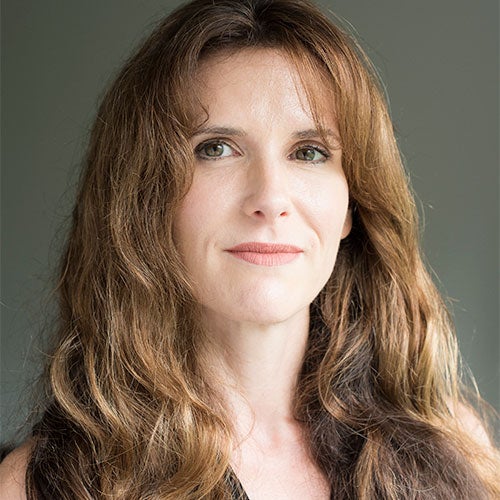In 2021 the number of IoT devices reached 46 billion, a 200% increase over the number in 2016*. By 2030 this number is expected to jump to 125 billion. While the FCC and other regulators have added licensed and unlicensed spectrum across several bands to accommodate these new users, the need for increased wireless capacity remains. Meanwhile, 5G deployments, replete with new techologies to respond to these needs have been slowed by high infrastructure costs and the limited reach of mm-Wave solutions. Now, more than ever, there is a need for radios and radio infrastructure that can quickly adapt to new standards for both military and commercial applications to reduce cost and exploit environmental conditions.
In this talk I focus on solutions from integrated circuit design. I propose a range of new techniques that can be integrated into an IC process to make radios flexible and allow for dynamic spectrum usage. I will show demonstrations of novel concepts for a tunable on chip resonant elements and delays in standard CMOS processes, and how such elements have enabled widely tuned VCO’s, LNA’s, beam formers, and filters. I will talk about the underperformance in function, efficiency, and cost typical of wideband RF electronics and standard Software Defined Radios, and the limits of the trend toward AI assisted solutions. I will show how techniques using passive microwave elements for both broadband and tunable narrowband systems that can enable flexibility while maintaining high performance. With these examples I will discuss the potential for future flexible analog RF designs and the current limits of this approach.

Alyssa Apsel received the B.S. from Swarthmore College in 1995 and the Ph.D. from Johns Hopkins University, Baltimore, MD, in 2002. She joined Cornell University in 2002, where she is currently Director of Electrical and Computer Engineering and the IBM Professor of Engineering. Her current research is on the leading edge of ultra-low power and flexible RF interfaces for IoT. Her group has pioneered the use of coupled oscillators for network synchronization of mesh networks and a variety of techniques for flexible RF systems. She has authored or coauthored over 100 refereed publications including one book in related fields of RF mixed signal circuit design, ultra-low power radio, interconnect design and planning, photonic integration, and process invariant circuit design techniques resulting in ten patents. She has received a number of best paper awards and the National Science Foundation CAREER Award in addition to being selected by Technology Review Magazine as one of the Top Young Innovators in 2004. More recently Professor Apsel served as a Distinguished Lecturer for IEEE CAS from 2018-2019 and was named an IEEE Fellow


